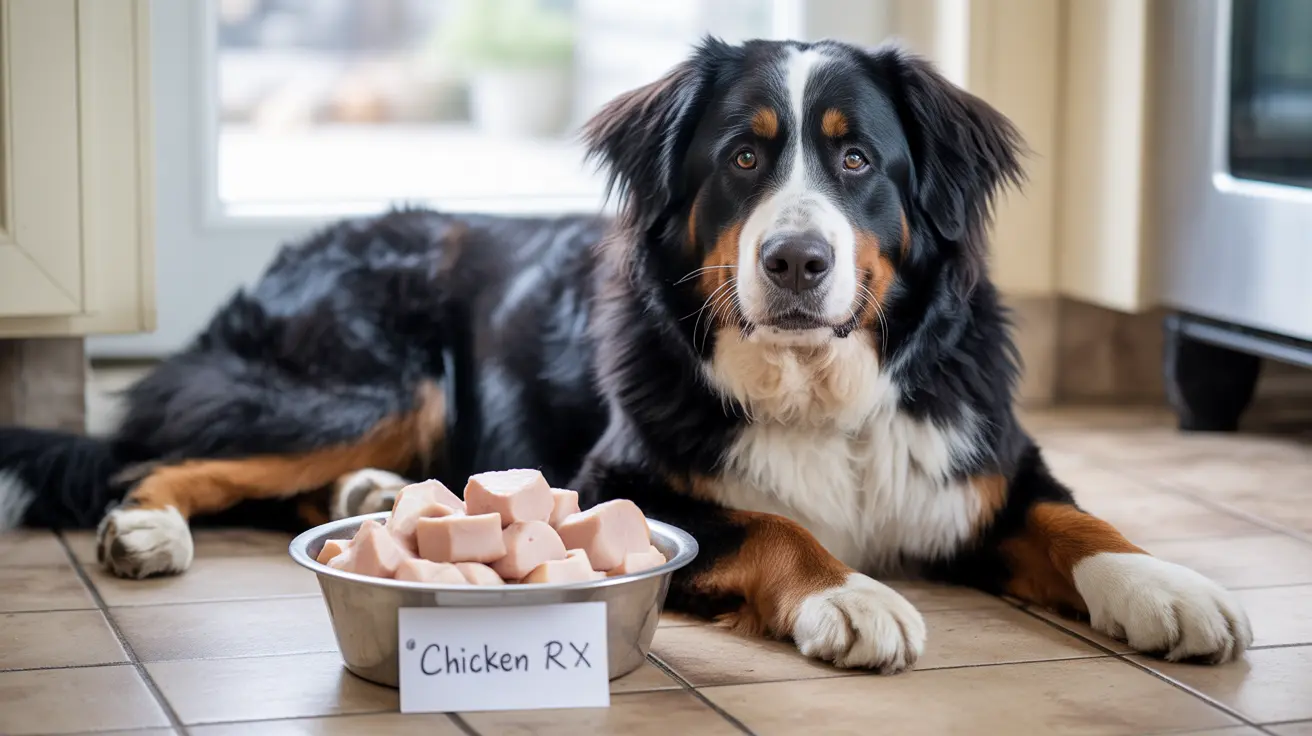When your dog experiences a bout of vomiting, knowing what to feed them during recovery is crucial for their health and comfort. The right nutrition approach can help settle their stomach and prevent further digestive issues while supporting their return to normal eating habits.
In this comprehensive guide, we'll explore the most effective feeding strategies for dogs after vomiting, including when to reintroduce food, what foods are safest, and how to prevent future digestive problems.
Initial Care After Your Dog Vomits
The first steps you take after your dog vomits are critical for their recovery. Most veterinarians recommend temporarily withholding food to allow the digestive system to rest. However, access to water should be maintained, though offered in small amounts to prevent triggering more vomiting.
For healthy adult dogs, a fasting period of 12-24 hours is typically recommended. However, puppies, senior dogs, and those with existing health conditions may need modified fasting periods under veterinary supervision.
The Right Foods for Recovery
Once the fasting period is complete and your dog shows no further signs of vomiting, you can begin introducing bland, easily digestible foods. The most recommended options include:
- Plain, boiled chicken breast (skinless and boneless)
- Plain white rice
- Plain, cooked sweet potato
- Prescription veterinary recovery diets
Creating the Perfect Bland Diet
When preparing a homemade bland diet, maintain a ratio of approximately 2 parts carbohydrates (like rice) to 1 part lean protein (like chicken). Avoid adding any seasonings, oils, or butter, as these can irritate your dog's sensitive stomach.
Proper Food Reintroduction Schedule
Following a systematic approach to reintroducing food is essential for successful recovery:
Day 1
- Start with small portions (about 25% of normal meal size)
- Feed 3-4 small meals throughout the day
- Monitor for any signs of recurring vomiting
Day 2-3
- Gradually increase portion sizes
- Continue with multiple small meals
- Begin mixing in regular food if recovery is progressing well
Days 4-5
- Slowly transition back to normal diet
- Maintain smaller, more frequent meals
- Watch for any signs of digestive upset
Foods to Avoid During Recovery
Some foods can worsen your dog's condition and should be strictly avoided during recovery:
- Fatty or fried foods
- Dairy products
- Seasoned or spicy foods
- Commercial treats
- Table scraps
- Raw or undercooked meats
When to Seek Veterinary Care
While many cases of vomiting can be managed at home, certain signs warrant immediate veterinary attention:
- Repeated vomiting over 24 hours
- Blood in vomit
- Severe lethargy or weakness
- Signs of dehydration
- Concurrent diarrhea
- Loss of appetite for more than 24 hours
Frequently Asked Questions
How long should I withhold food from my dog after they vomit?
For healthy adult dogs, withhold food for 12-24 hours while maintaining access to small amounts of water. Puppies and seniors may need modified fasting periods under veterinary guidance.
What are the best bland diet foods to feed a dog recovering from vomiting?
The best options include plain boiled chicken breast, white rice, and plain sweet potato. These should be prepared without seasonings or fats and served in small portions.
How do I gradually reintroduce food to my dog after a vomiting episode?
Start with small portions (25% of normal meal size) of bland food, feeding 3-4 times daily. Gradually increase portions over 3-5 days while monitoring for any signs of digestive upset.
When should I take my dog to the veterinarian if they keep vomiting?
Seek veterinary care if vomiting persists for more than 24 hours, contains blood, or is accompanied by severe lethargy, dehydration, or loss of appetite.
What foods and drinks should I avoid giving my dog after they have vomited?
Avoid fatty foods, dairy products, seasonings, commercial treats, table scraps, and large amounts of water at once. Stick to bland, easily digestible foods during recovery.
Remember, while most cases of vomiting in dogs can be managed at home with proper care and feeding, always consult your veterinarian if you're unsure about your pet's condition or if symptoms worsen.






